
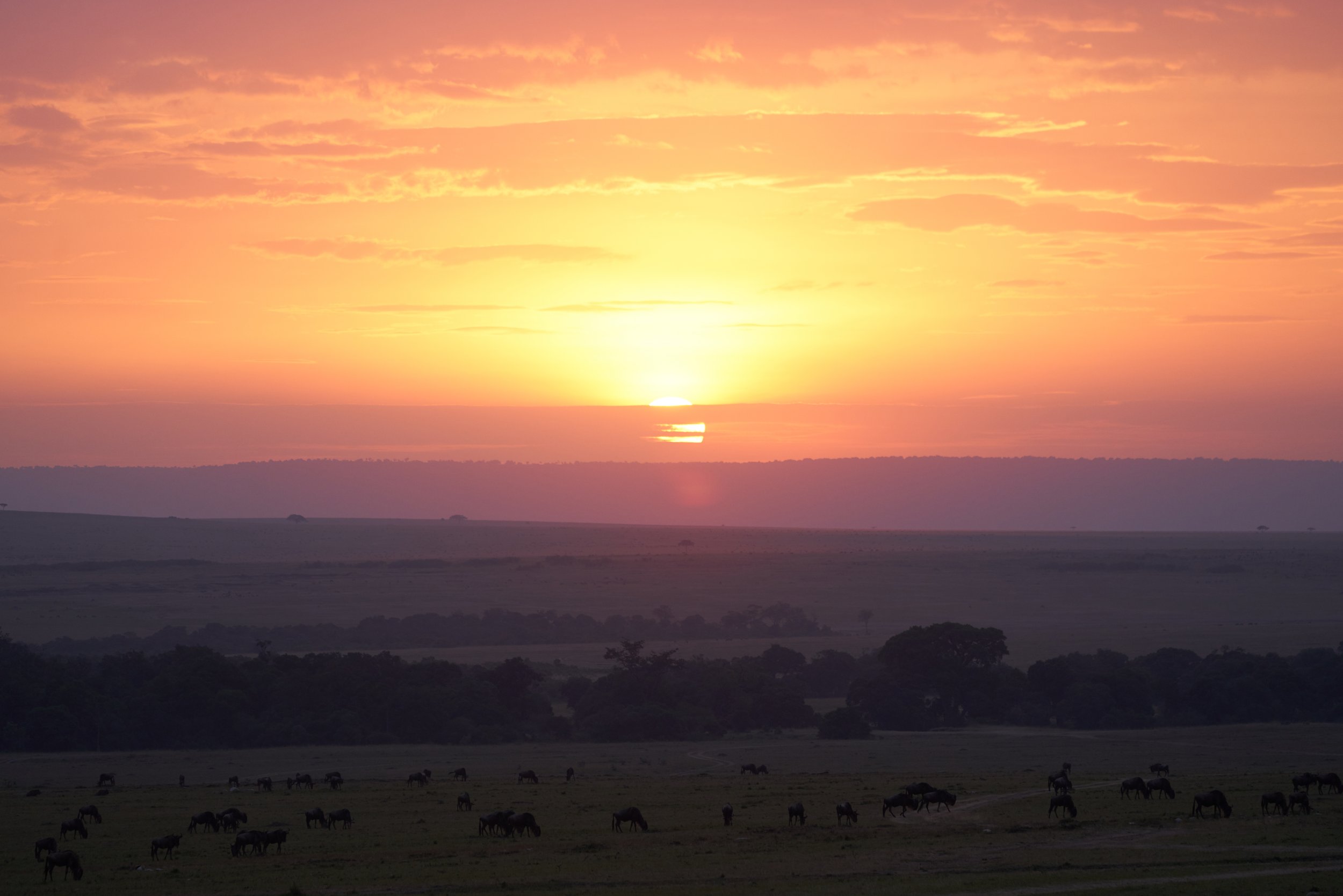
Foundations & Aspirations
With a mission to unify the well-being of people, animals, and the environment, our foundational principle is the fact that we cannot advance the causes of animal protection and environmental conservation without addressing how to change ourselves and the ways in which our societies coexist with other animals and the natural world. We therefore understand the issues of animal exploitation and environmental degradation as fundamentally social problems, requiring both social and bio/ecological understandings to solve.
For this reason, we utilize a holistic working framework and approach to project implementation and grant-making that recognizes the necessary connections among interwoven and overlapping issues of exploitation and degradation, and which therefore requires interwoven and overlapping solutions. This working framework is anchored in the dialogue that must be achieved between universal aspirations towards a world that safeguards the wellbeing animals and ecosystems, on the one hand, and the culturally specific, place-based ways in which those universal aspirations will take shape and become a reality in local contexts, on the other. Our theory of change is therefore intentionally social AND biological, while also inclusive of communities, their livelihoods, and their existing relationships to — and efforts on behalf of — other animals. Incentivizing this inclusivity and recognition of complexity in all the projects we implement and provide grants to will promote dynamic and robust models of eco-literate and culturally nuanced change, while normalizing an approach to animal advocacy that unites the needs and considerations of animals, communities, and the environment simultaneously.

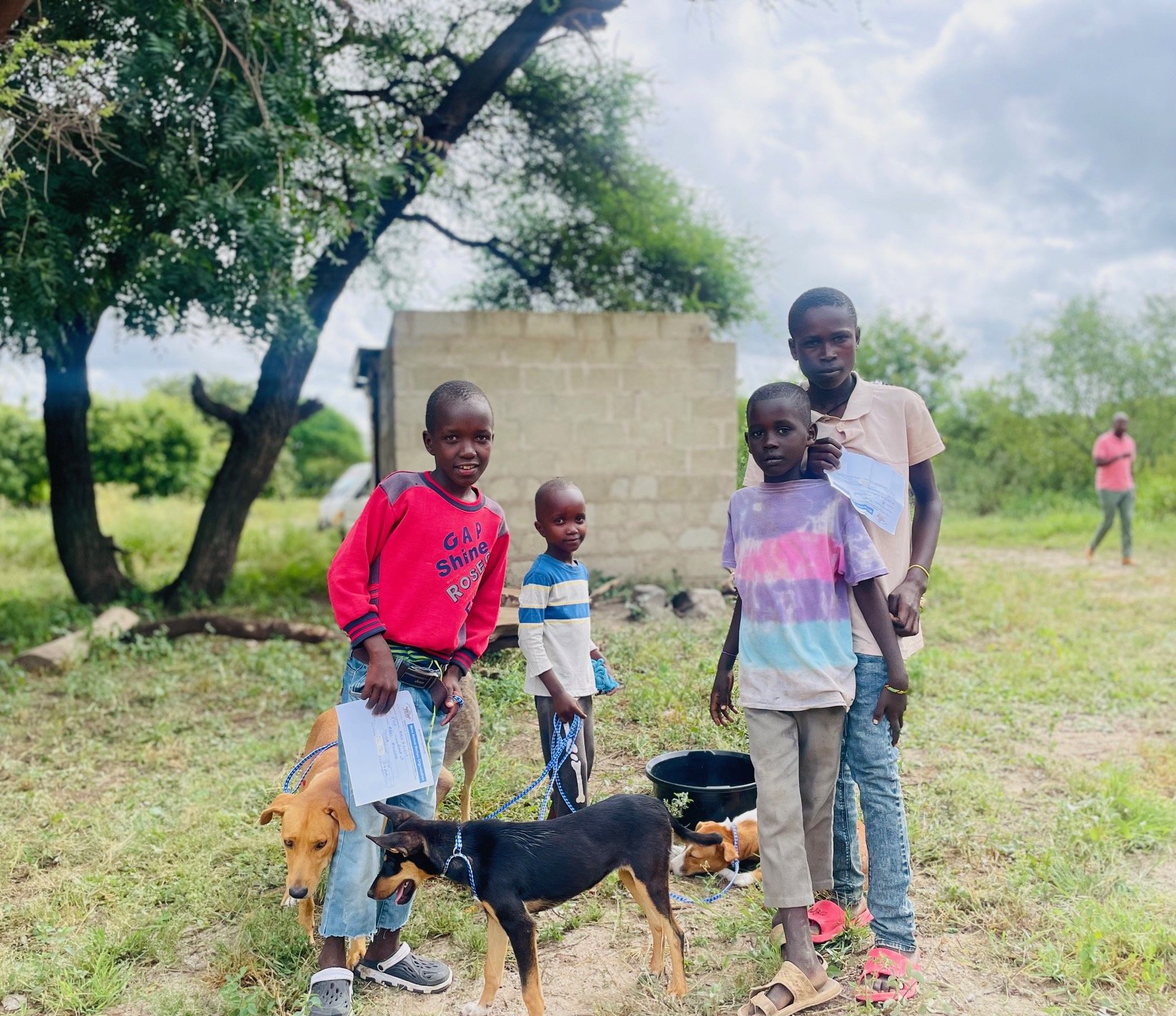

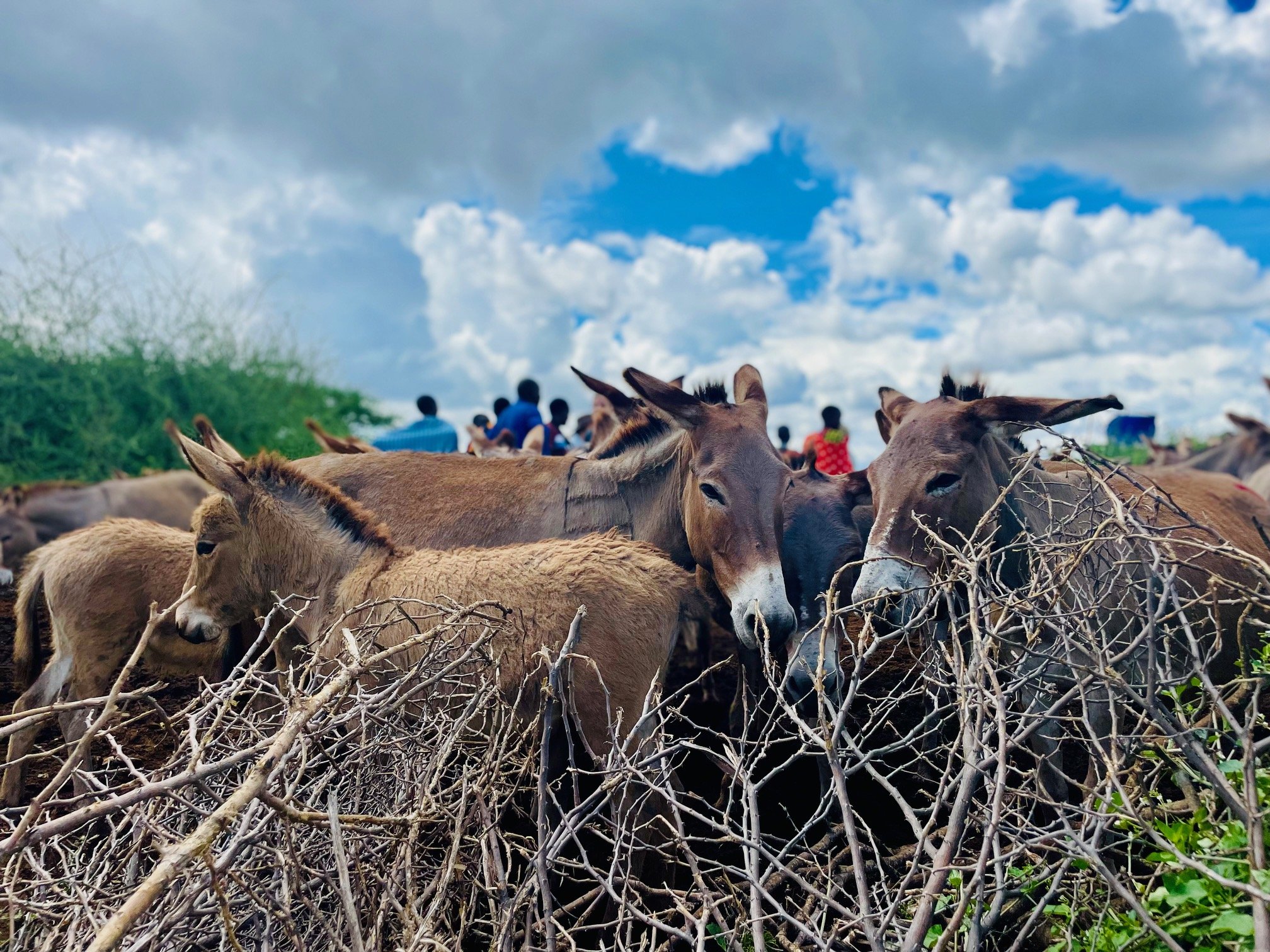
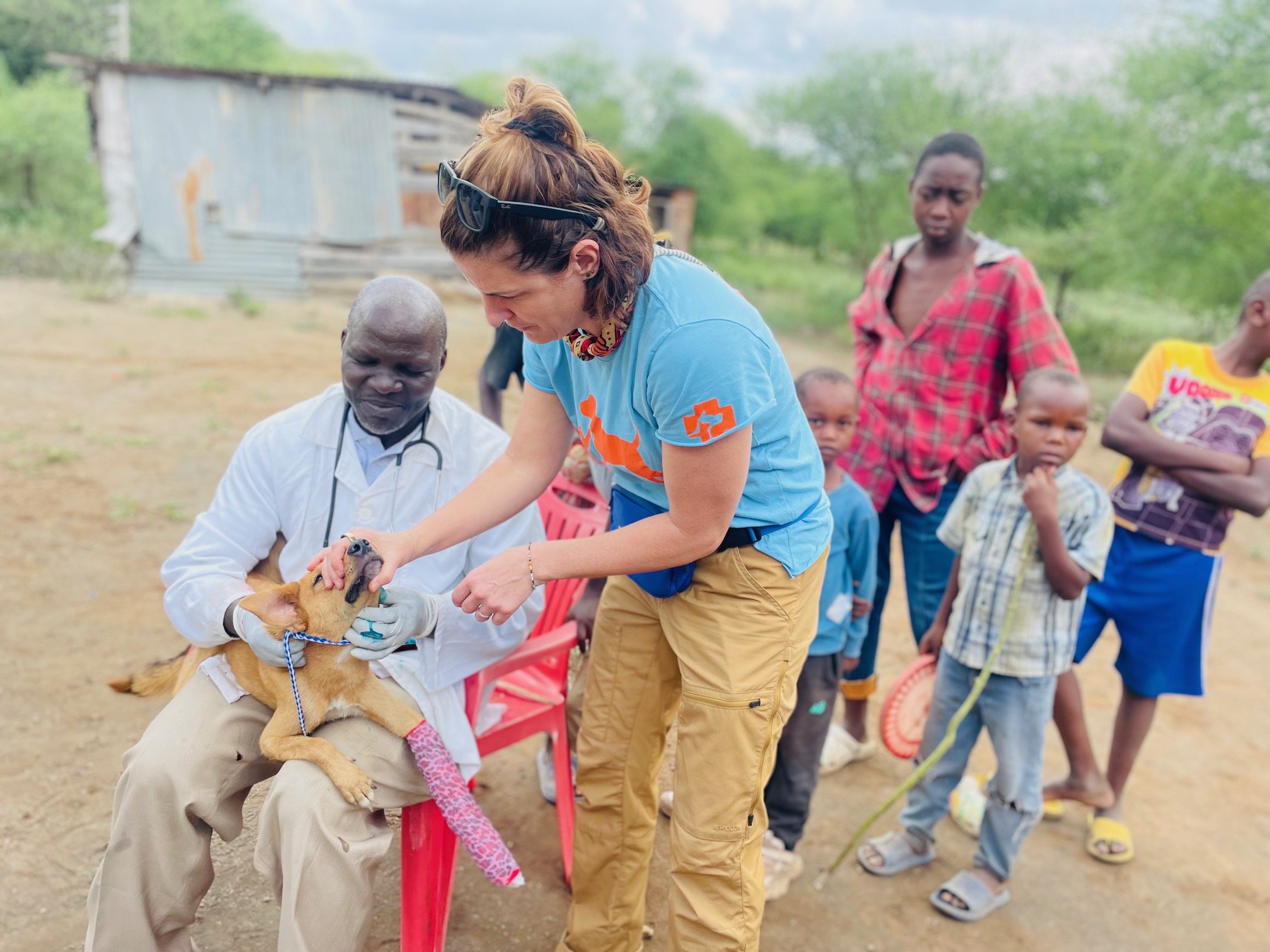
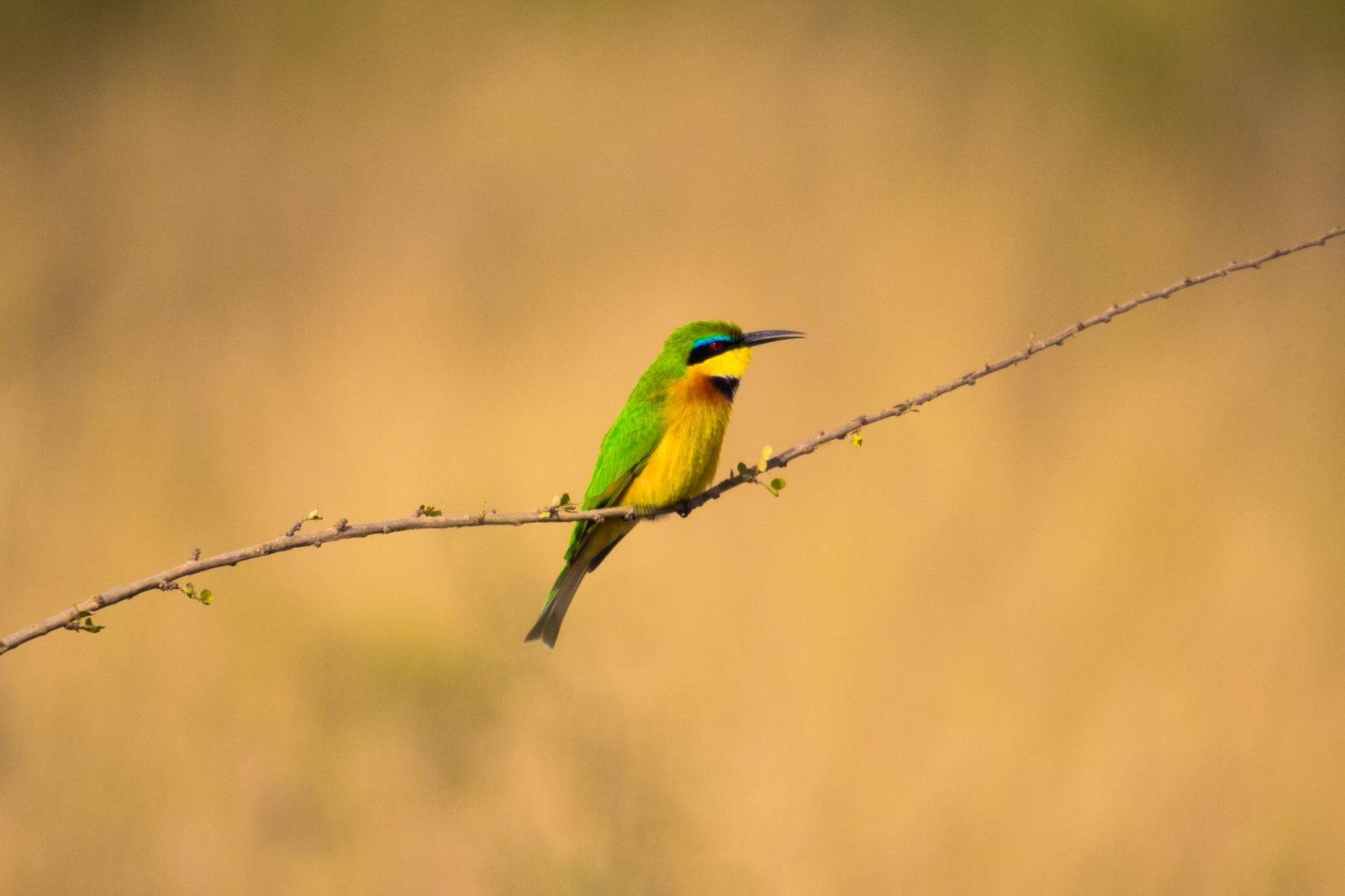

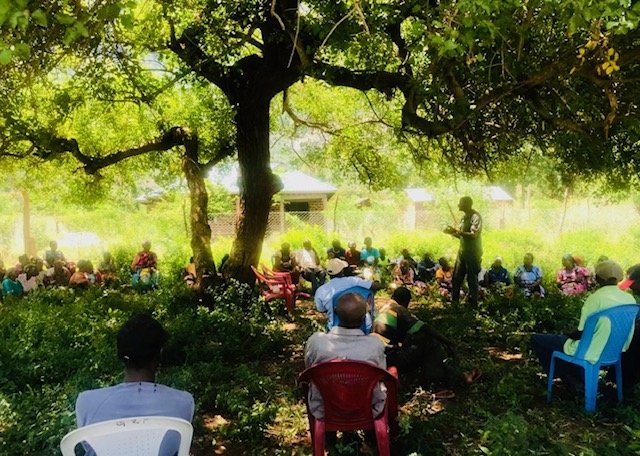
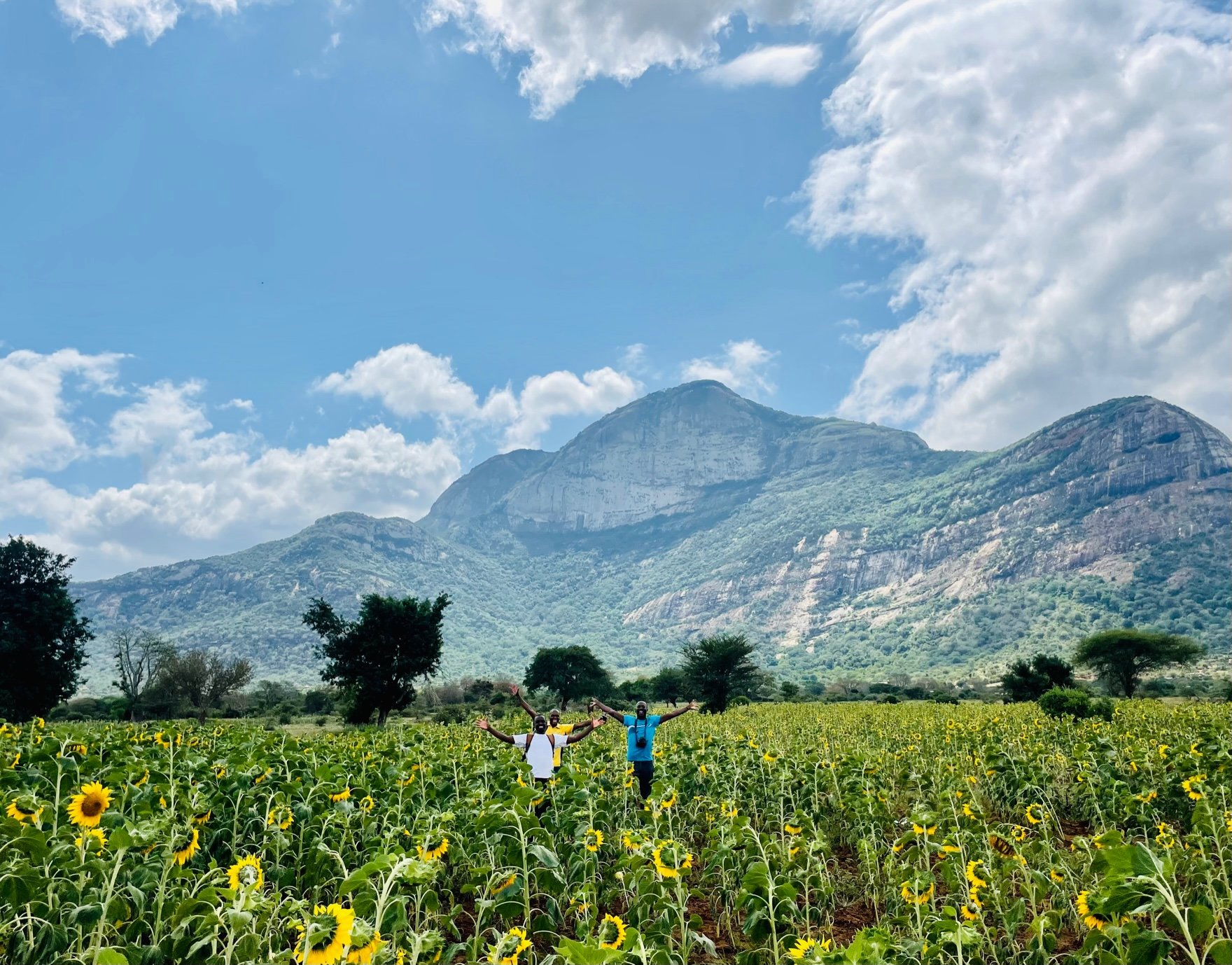
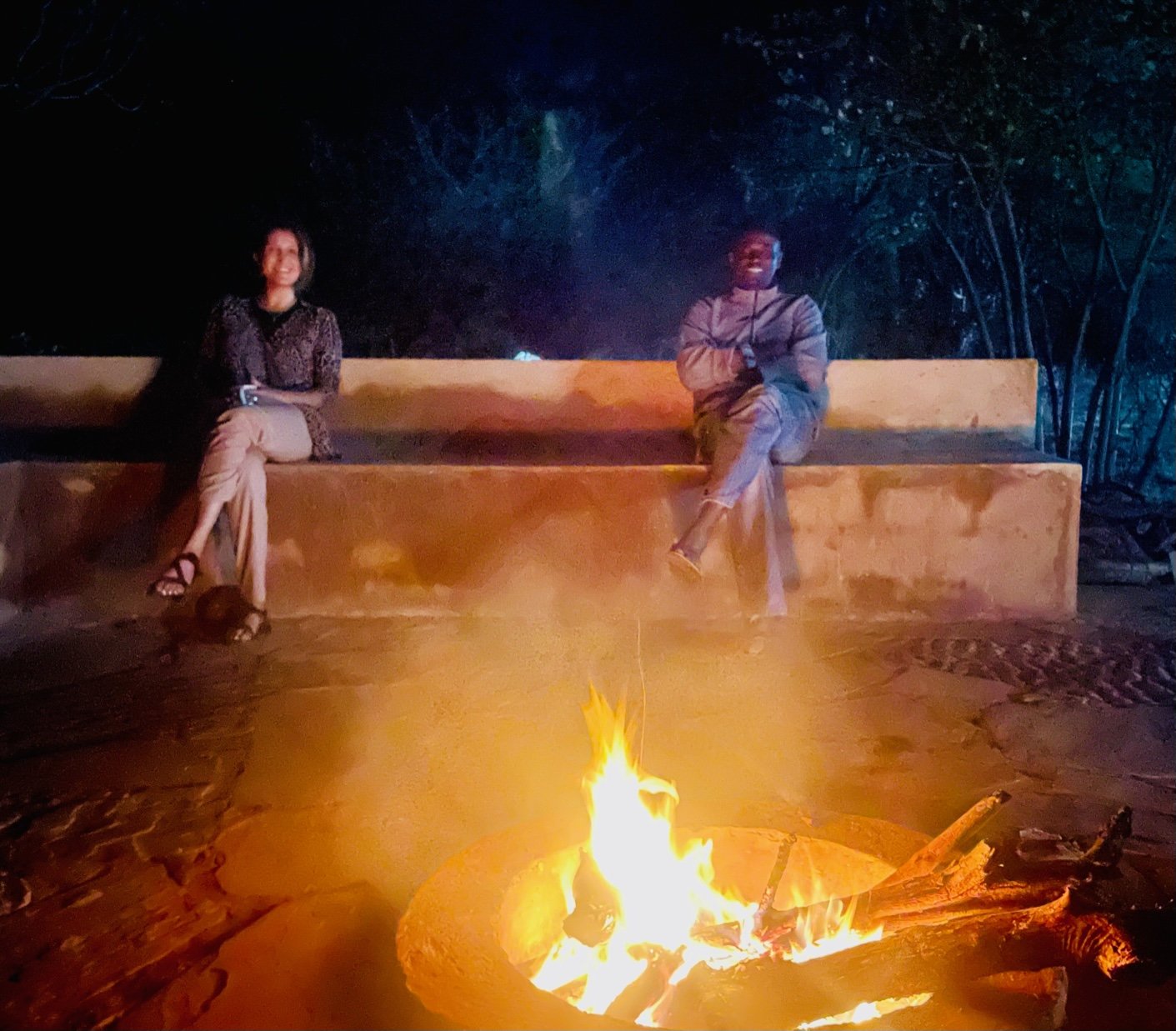
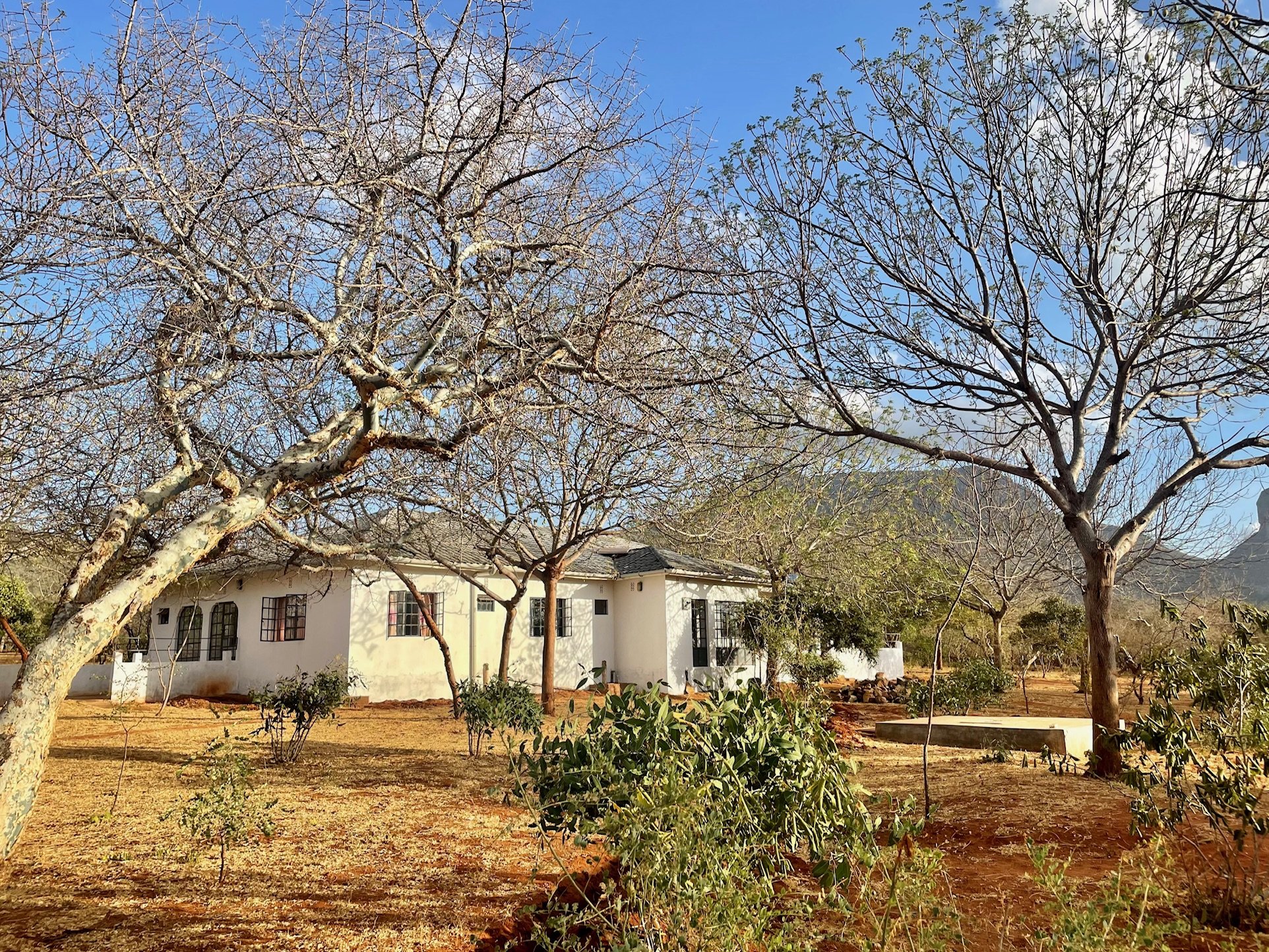
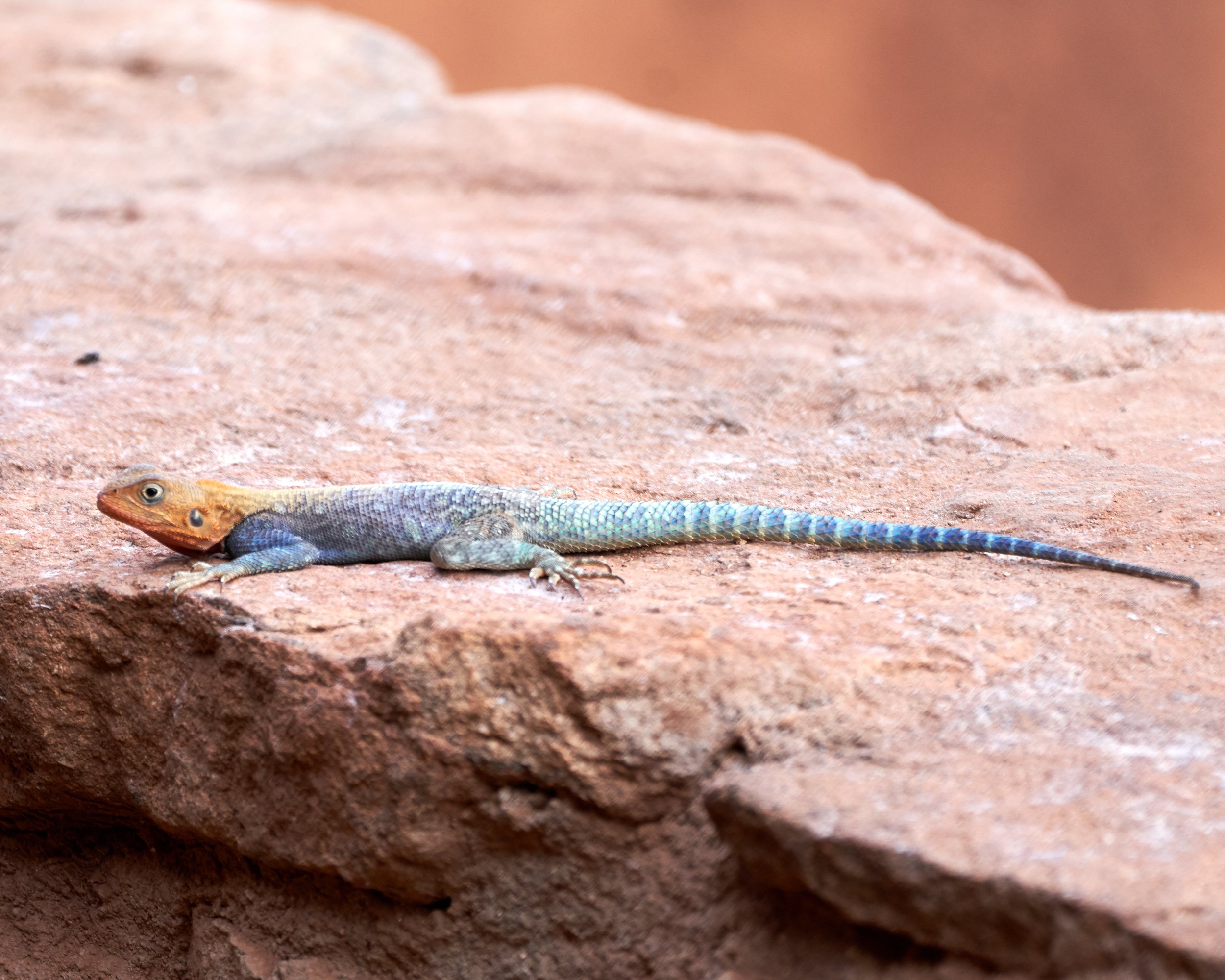


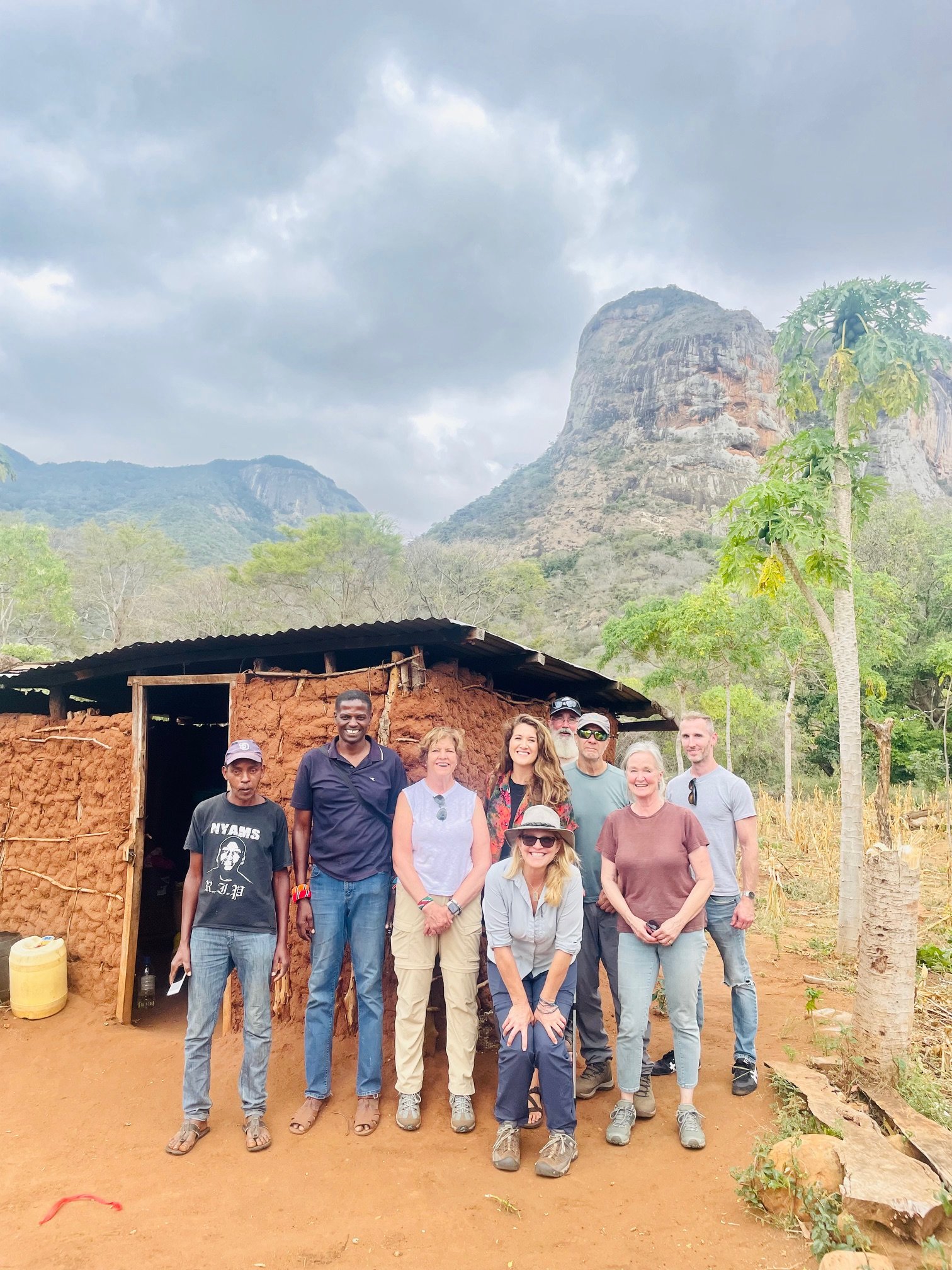





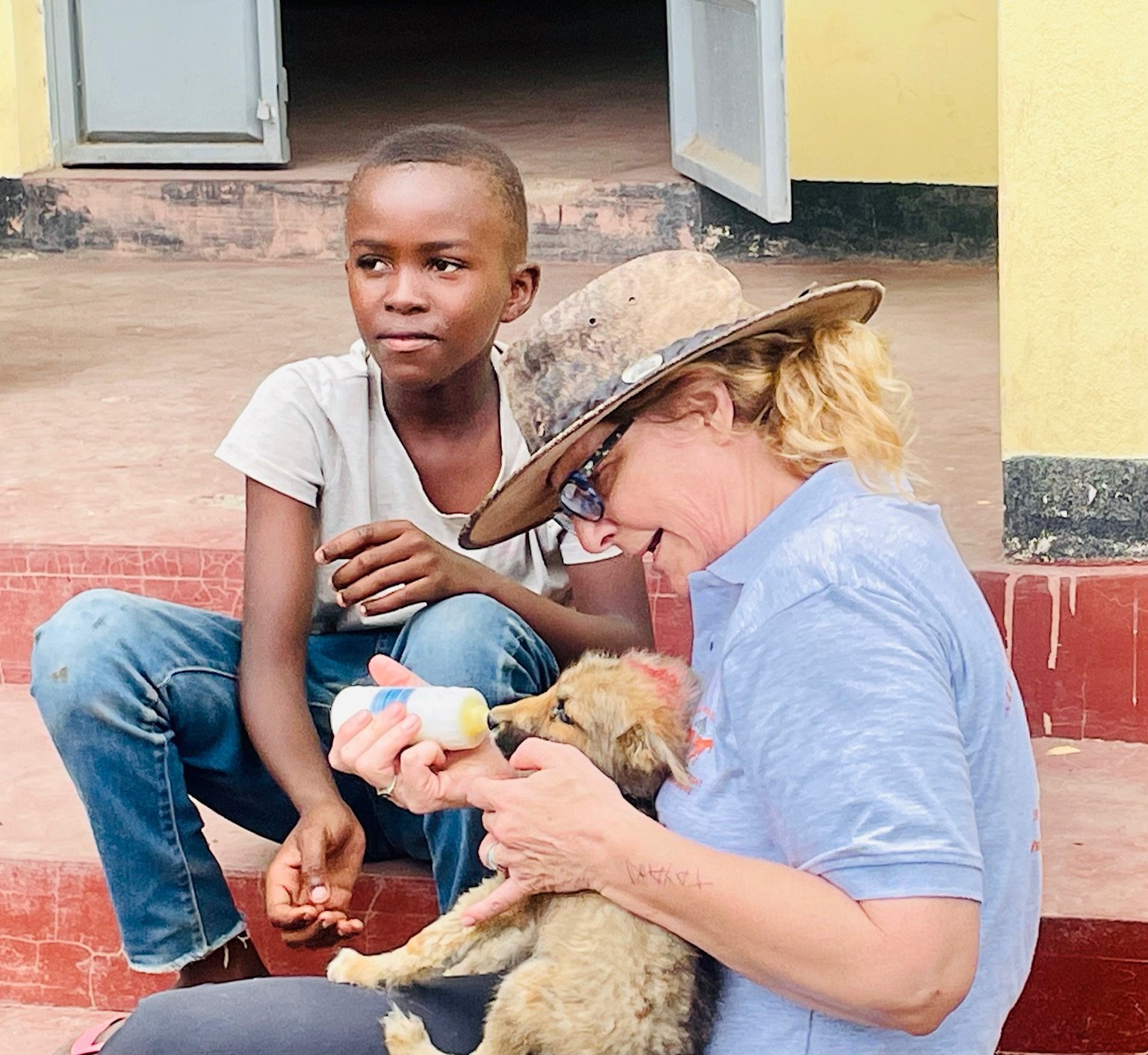

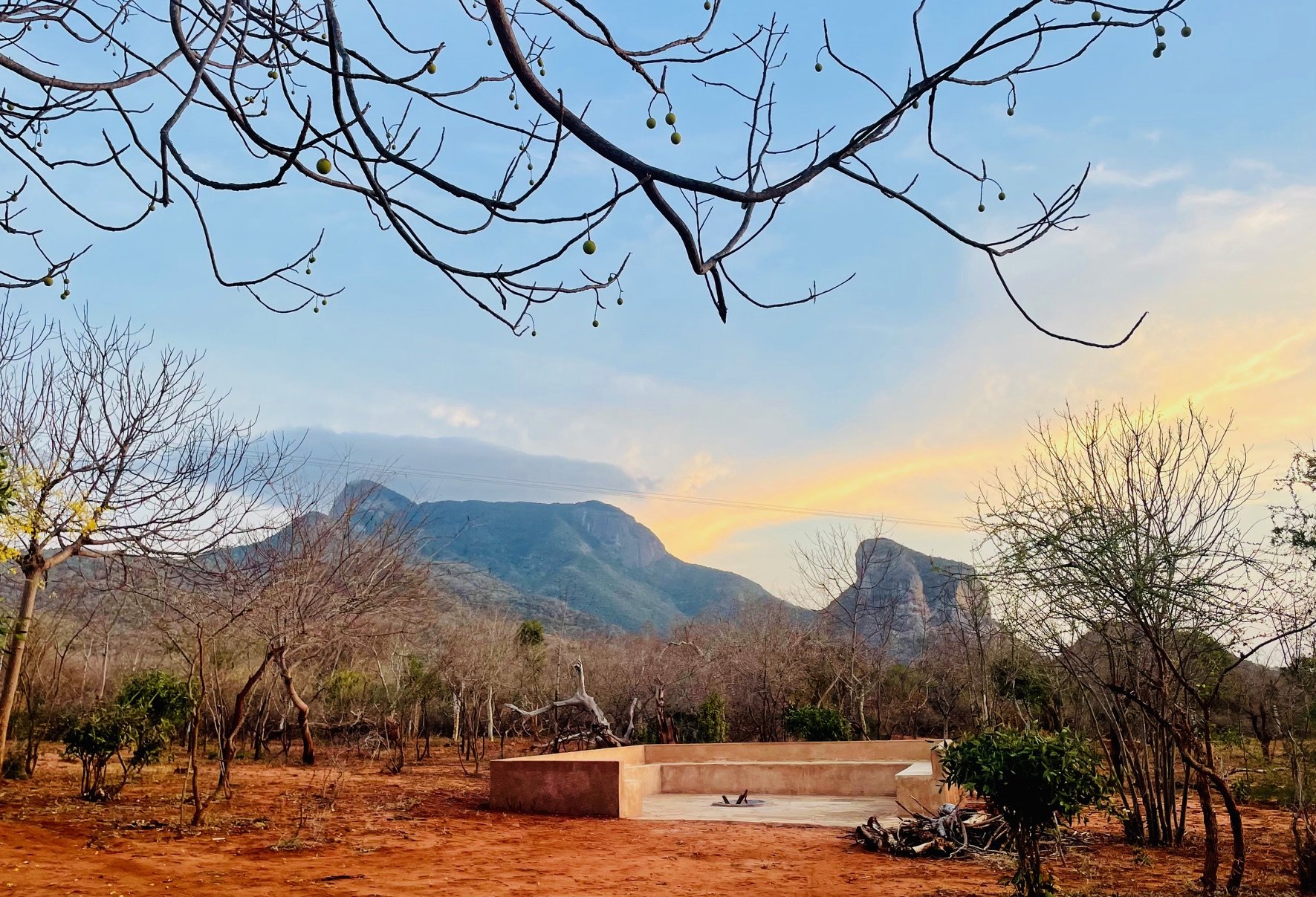

Approach & Actions
With headquarters between Colorado and Kenya, our regional focus is Africa and North America, with the possibility of the eventual expansion of our place-based human animal coexistence model to other regions/continents. Our coexistence projects, programs, and grant-making broadly fall into the categories of wild, farmed, and domestic animals.
In addition to implementing our own projects within each of these categories, we facilitate a regranting program for innovative human-animal coexistence initiatives with the intention of opening up a competitive marketplace of individuals and organizations doing excellent work unifying the inseparable welfare of humans, animals, and the environment, thereby allowing AHAC to set in motion initiatives and intentions that wouldn’t otherwise have the means to get off the ground. Furthermore, and significantly, through an appointed regranting advisory committee, AHAC will serve as a vehicle to meaningfully include regional experts and local perspectives in the grant-making decisions shaping the future of animal advocacy—a space which is currently dominated by western and Eurocentric philanthropic perspectives. In this way, AHAC’s uniquely structured regranting process will simultaneously serve as a means of facilitating mutually beneficial exchanges of knowledge and cross-cultural ways of thinking about how to harness the potential of philanthropy to solve human-animal coexistence issues.

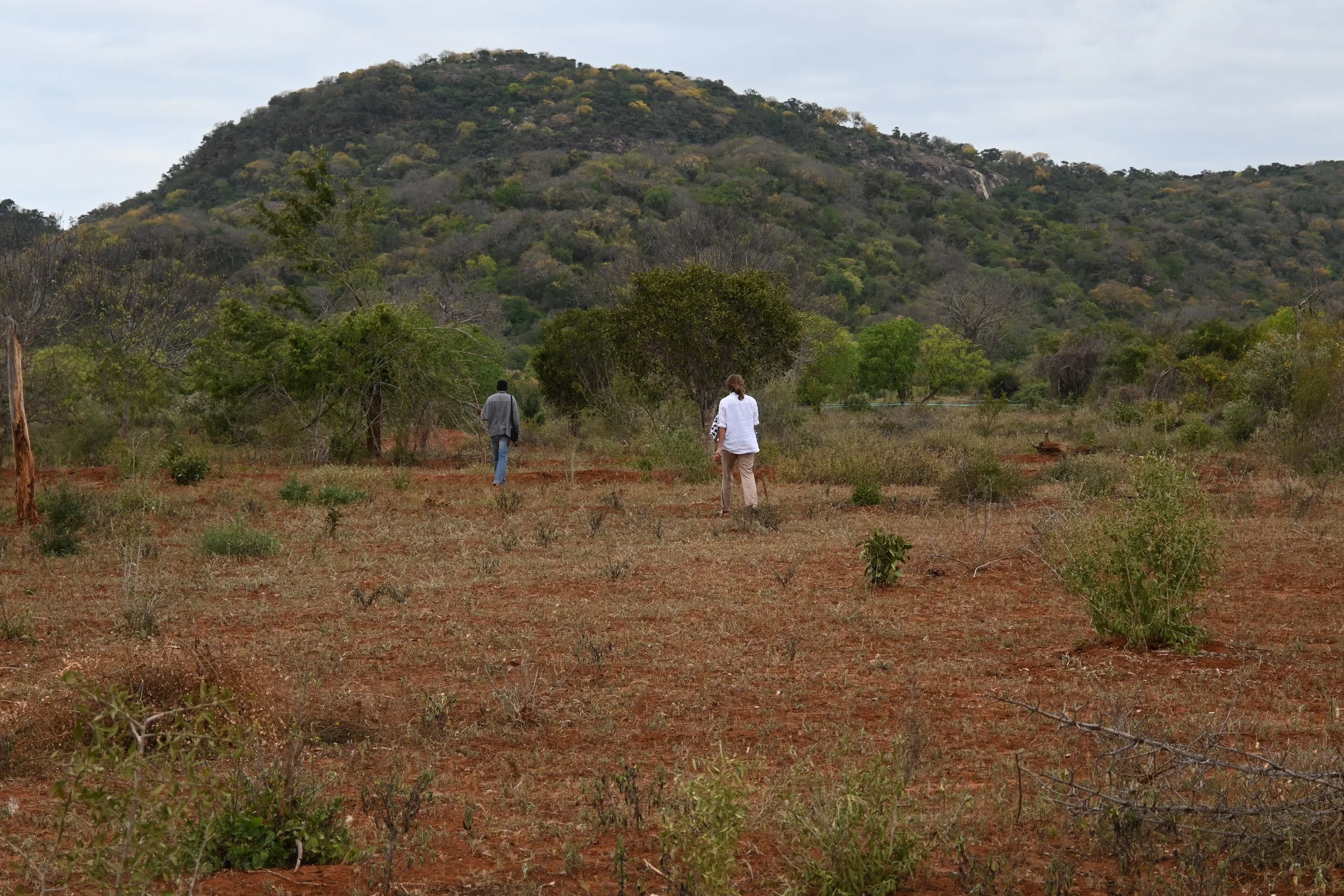
Meet our Founders:
The Alliance for Human Animal Coexistence was co-founded by Katherine Baxter, PhD, Kahindi Lekalhaile, and Janet Rumfelt, PhD, in 2024, born out of their deep friendship and mutual curiosity, love, and respect for other animals and the natural world. Kahindi is a wildlife expert and lifelong conservationist, Katherine is a social scientist and regenerative practitioner, and Janet is a professor who works in the field of environmental humanities and a regenerative practitioner - each seeking to bring the skills and expertise they possess together to solve the complex social problem that is animal exploitation in ways that promote harmonious coexistence.
Contact
Please contact us if you have questions or would like to get involved as a donor, volunteer, or intern.
Email
info@humananimalcoexistence.org
Phone
+1 (970)732-0130

